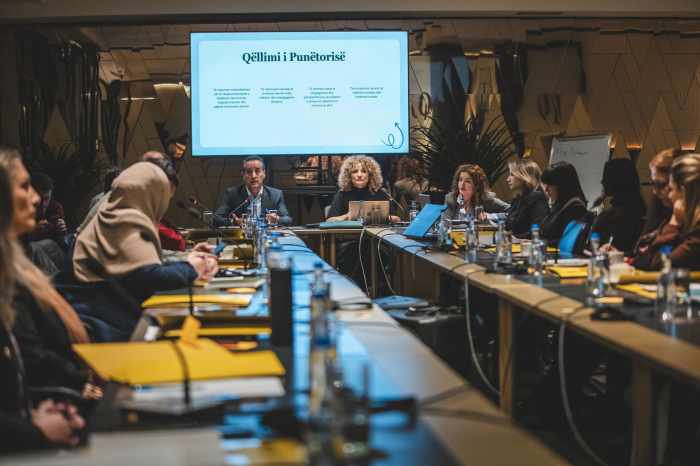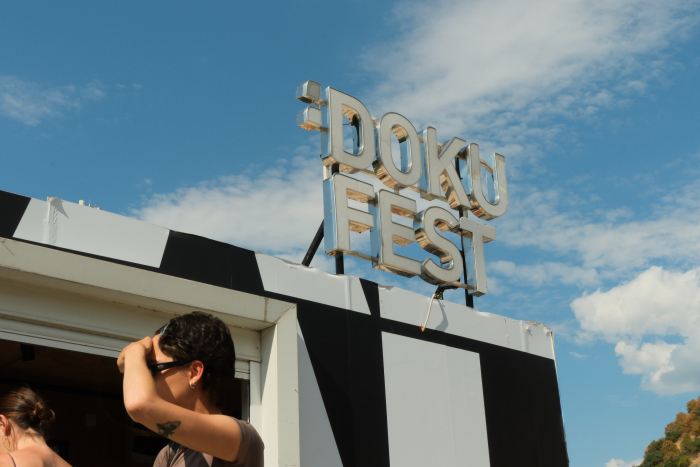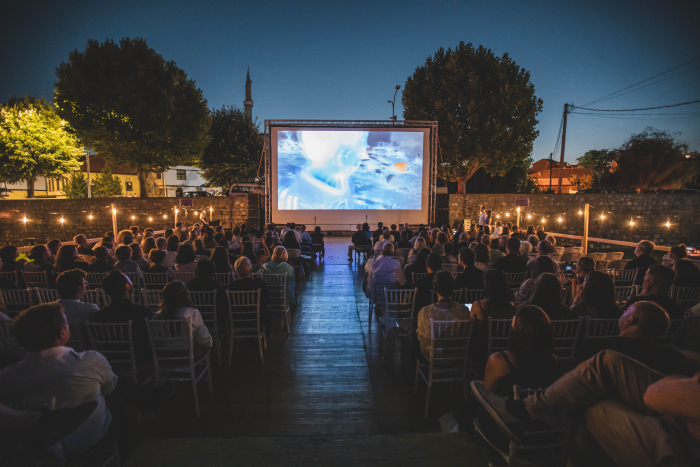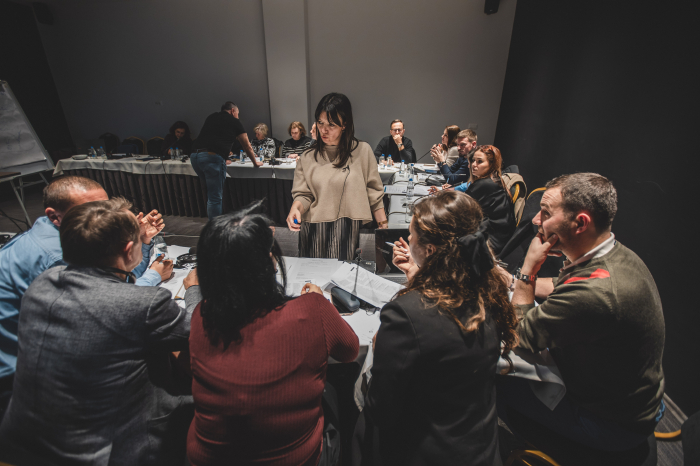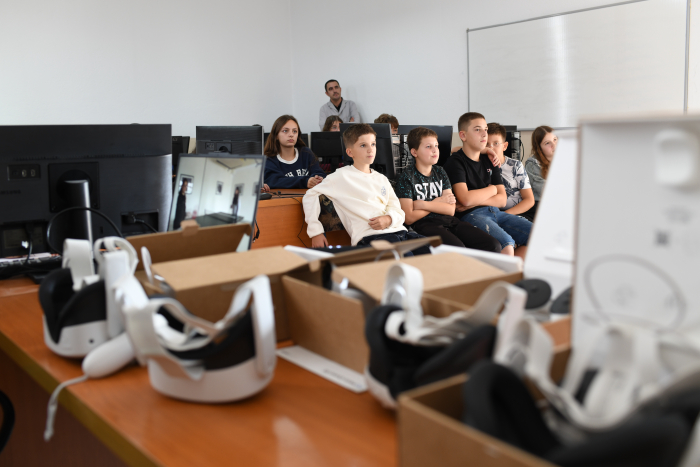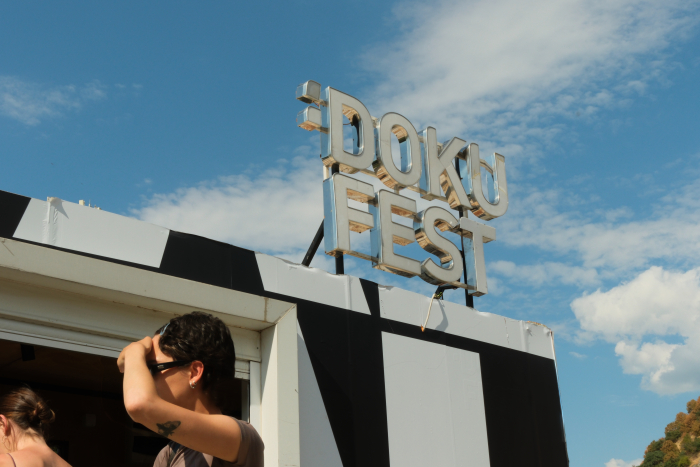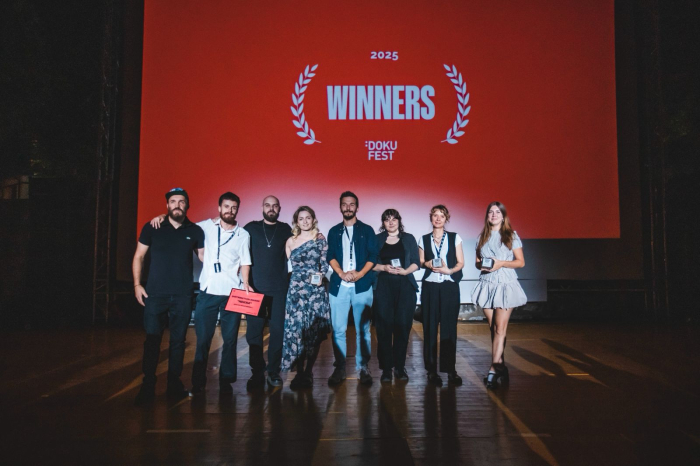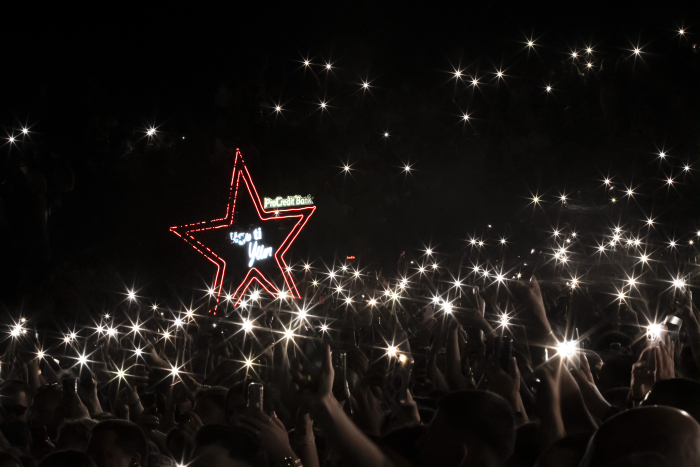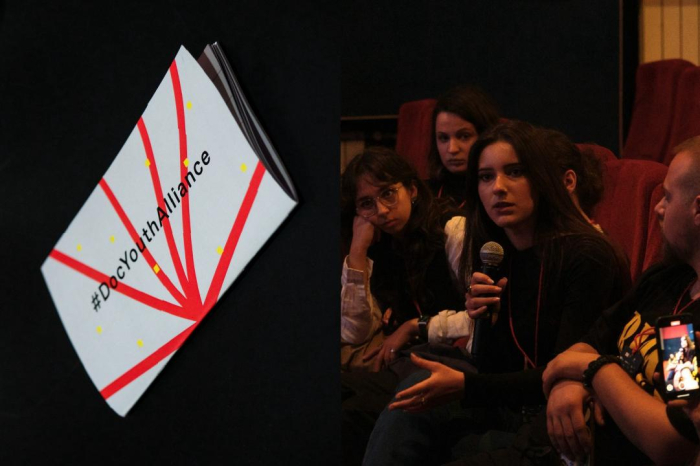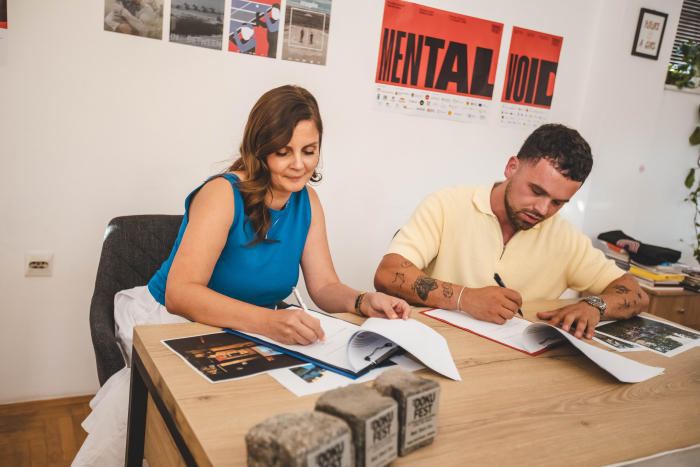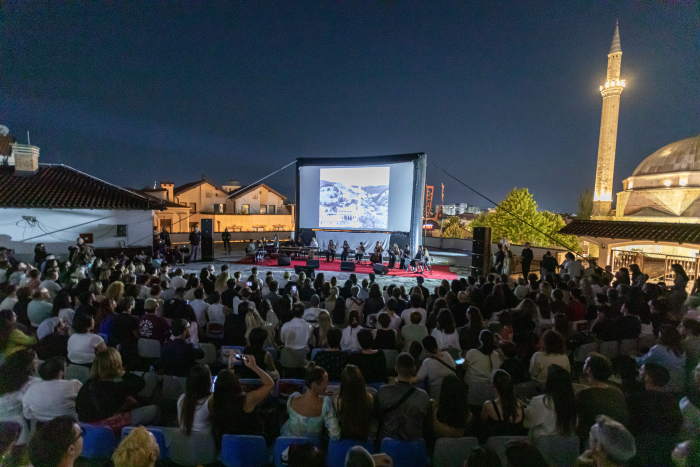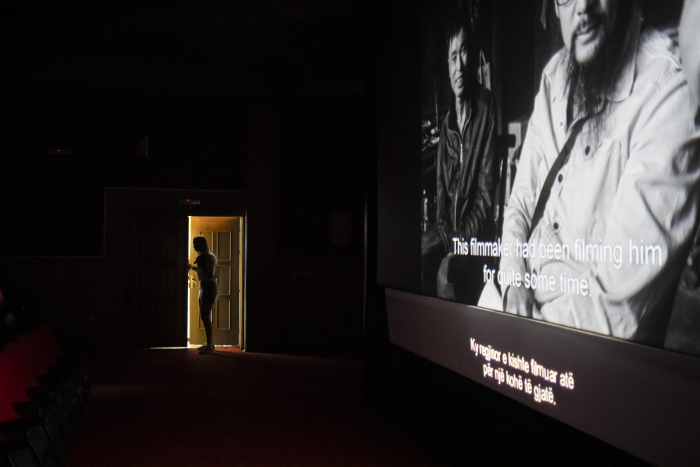August 7, 2019
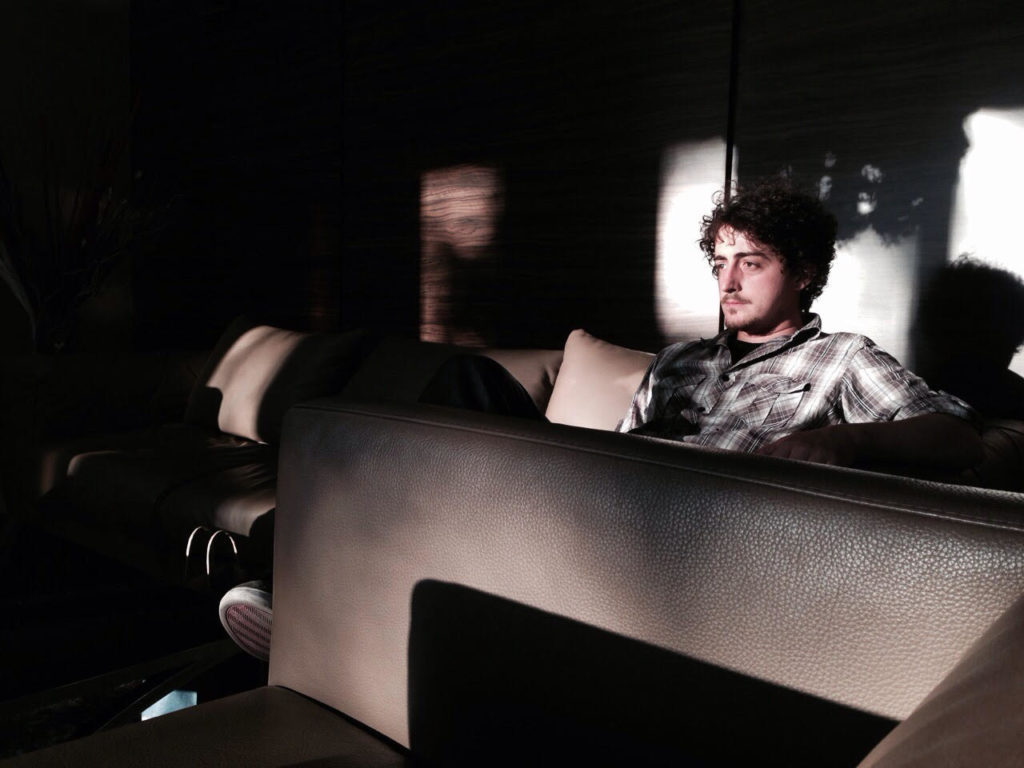
Emerging Kosovar filmmakers are often returning to the topic of how political boarders shape personal identities.
In the absence of opportunities to (legally) move aboard, people are getting creative. For Dritëro Mehmetaj, this involved dramatising an account of a young Kosovar single mother who flirts with trading in sex as currency when her application for asylum in the Czech Republic is denied. Pick A Name (2018) was made in conjunction with his master’s program in Prague, and shooting in the Czech Republic was a requirement for his studies.
Sitting down with DokuDaily, Mehmetaj tells us that he wanted to, “come up with something original, something native, a personal story that could be shot outside Kosovo.” Self-determination is important to the filmmaker, as he says that he has always believed that, “I shouldn’t make a film or tell the story, if that story can be told better by someone else. So, I was always searching for stories that not necessarily happened to me, but at least stories that happened in front of me or to the people I know. Stories that are personal for me in a way, something that I can relate to and have a perspective in it, stories that I can tell from an original point of view.”
The alienation of Kosovar citizens from the international community, through strict visa controls and immigration laws, draws on the psychiatric aspects of ghettoisation. Mehmetaj tells us that, “It is true that the visa regime imposed to Kosvar citizens is very discriminating and makes you feel like you’re living in a ghetto, it’s a sentiment that here in our country, we can all relate to. I have very frustrating experiences when I missed important events because of visas.”
Pick A Name relays another side to the story. Nora (Doresa Rexha) has already managed to leave Kosovo, albeit illegally, and the film reveals her fate after she seeks asylum. Together with daughter Ela (Fiorela Shala), audiences witness how EU immigration laws fail to protect vulnerable people like Nora and Ela. They risk family violence if they return to Kosovo, yet are denied refuge in the Czech Republic. This legislative limbo suddenly makes the sex industry seem a lot more appealing.
It’s a matter of human history that those marginalised from the mainstream workforce, often due to limited access to visa’s and residency permits, may gravitate towards monetising sexuality. Screenwriter Dori Basha conceptualised the initial idea, which is based on a true story. But rather than making a biopic, Basha and Mehmetaj created a mosaic of the shared experiences of asylum seekers, “I can’t say that the complete story happened to someone. It’s more of a collection of details from different stories happened to people we know and we were part of it in a way or another.”
The film’s title refers to dialogue within the film. When asked if seeking asylum is a social identity in and of itself, Mehmetaj tells us that, “For sure Nora isn’t alone in her situation. What happens to her in this fiction is something that happens every day to people, therefore it can be seen as a social identity which is quite terrible to be part of. Above all the sacrifices that Nora goes through in order to provide a better future for her kid, she ends up trading their identities and unknowingly becoming a part of something they might never get out of. Today more than 40 million people worldwide are victims of “modern slavery” where compromising identities is only one of the tools to keep the victims trapped. For this reason, the game with names in the end is one of the most powerful scenes in the film in my opinion, therefore we decided to name the film after that situation.”
The film makes exquisite use of colour, as the hue of the red-light district is offset by the bright blue wig of a colleague who tries to warn Nora about what she’s getting into. A fish tank bubbles behind their pimp, as his demeanour seems akin to a volcano. This is in stark contrast to the natural lighting we see surround Nora and Ela, however, Nora is only acting natural insofar as she is trying to shelter her daughter from the harsh reality of their situation.
Session details:
07 Aug, 20:00, DokuKino Plato
08 Aug, 16:00, Shtëpia e Kulturës
